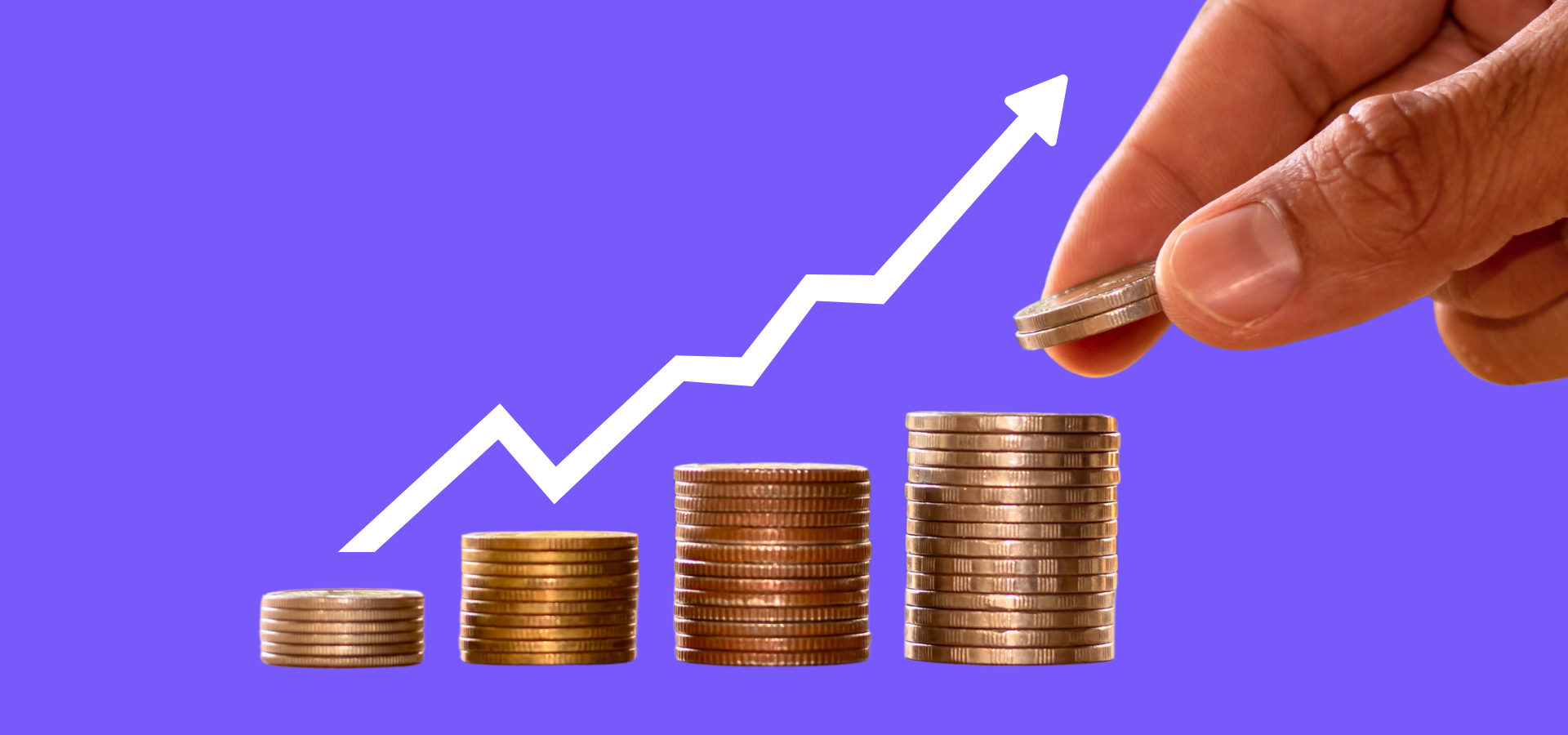If you’re unsure of what the endowment effect is, you’re not alone. In short, it’s the idea that people are more likely to obtain an object or brand they’re already familiar with it than acquire that same object without already being exposed to it.
You can imagine how this phenomenon is closely intertwined with marketing. Let’s explore more on it.
An Example of the Endowment Effect
Imagine you buy an iPhone for the very first time. Upon acquiring your fancy new phone, you proudly showcase it to non-iPhone users, emphasizing its superiority and detailing its various features.
Other than occasional frustrations with your service provider, you never voiced any complaints about your iPhone. In fact, you confidently affirmed its excellence, perhaps even coming across as a tad arrogant.
Now, imagine your close friend, an owner of a Google Pixel, shared similar sentiments about their device. Engaging in friendly rivalries, you both jokingly seek to prove the other wrong by showcasing your phones’ features—a moot point, as your admiration for your respective devices remains unwavering.
A year or two later, your contract is coming up, and a recent notification hints at the possibility of switching brands. Now you find yourself confronted with a common dilemma faced by consumers and marketers alike: Was your previous loyalty a genuine reflection of brand attachment and satisfaction, or merely a consequence of the endowment effect?
Understanding the Phenomenon
As mentioned, the endowment effect is a cognitive bias that prompts individuals to value things more when they own them.
For example, as an iPhone owner, you may have overstated some of its features to counter feelings of envy towards your friend’s phone.
This cognitive bias comes into play when you have no valid reasons to return a product (e.g., if it’s defective), and no other means to disregard the purchase, compelling you to appreciate what you have.
The Effect on Marketing
Understanding this principle can be a powerful tool for amplifying marketing efforts and driving consumer engagement. By cultivating a sense of ownership, marketers can influence customers to attribute higher value to their products or services, thus improving customer retention, increasing product usage, and enhancing word-of-mouth marketing.
Here are some common, and effective, examples we see of this everyday:
- Product Trials and Samples: Offering free or reduced-price trials increases the likelihood of a purchase by creating a sense of ownership.
- Return Policies: Customers feel more secure in their purchase decisions with generous return policies, further encouraging a sense of ownership.
- Personalization: Personalizing products or services intensifies the endowment effect. When customers participate in the creation or customization process, they tend to value the final product more.
The Effect on Advertising
Achieving positive brand bias in advertising is challenging. Many ads are memorable or clever, and may lead a consumer to consider a product. But the endowment effect goes beyond suggesting a product would improve a consumer’s life—it persuades the consumer that their life would be less without it.
Creating positive word-of-mouth or review bias is an unexpected bonus of running brand awareness ads. When ads reinforce the ownership of a product, they generate positive feelings about the purchase, thus creating the endowment effect.
Leveraging the Endowment Effect
The endowment effect is a potent psychological tool for marketers. By understanding and harnessing this bias, businesses can formulate more effective marketing strategies that resonate with consumers, drive engagement, and boost sales.
The key is to create a connection between the consumer and the product, making them feel as if it’s already theirs.
Don’t forget that to fully leverage the endowment effect, it’s crucial to understand the fine line between direct response and brand marketing.




